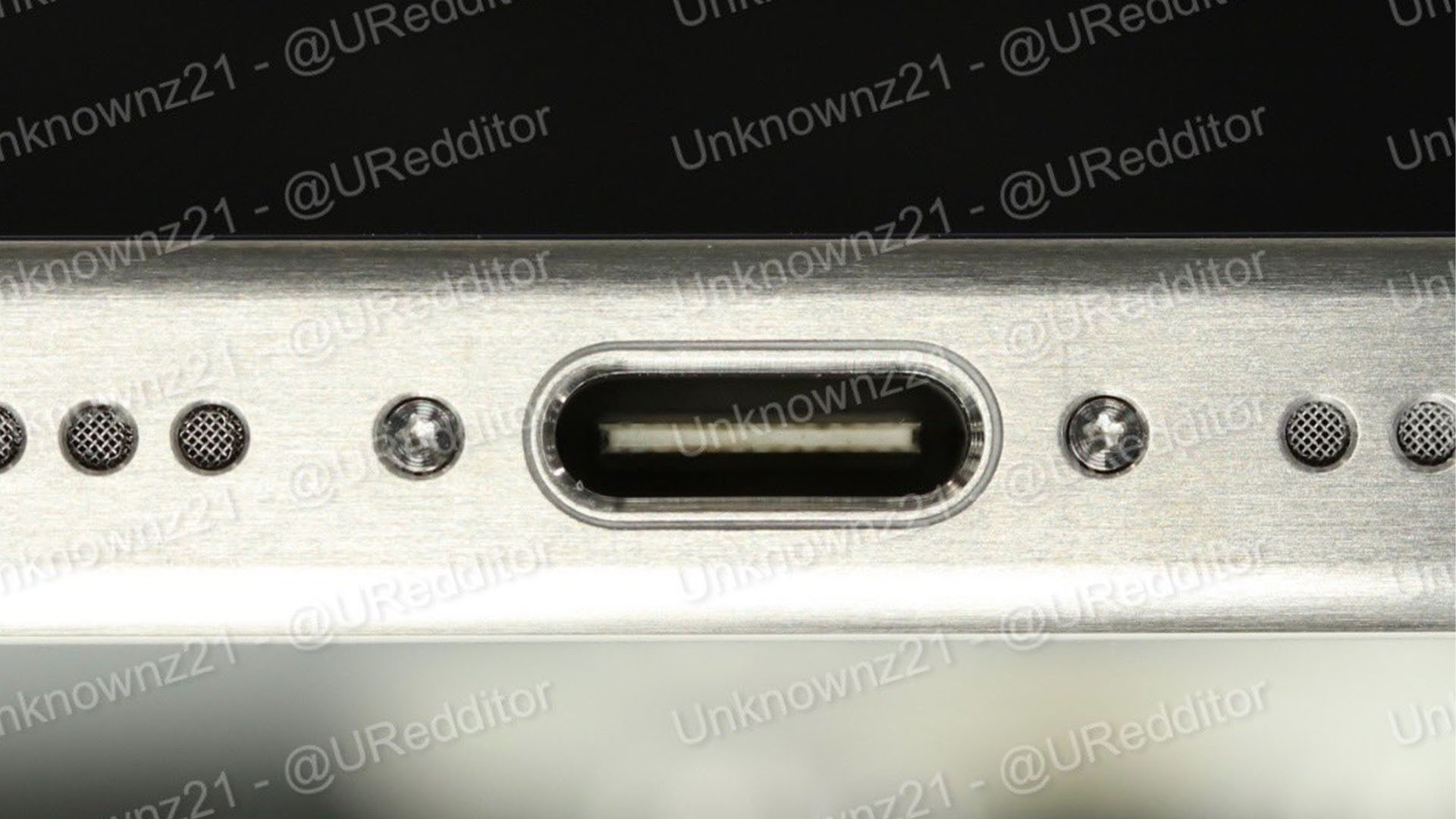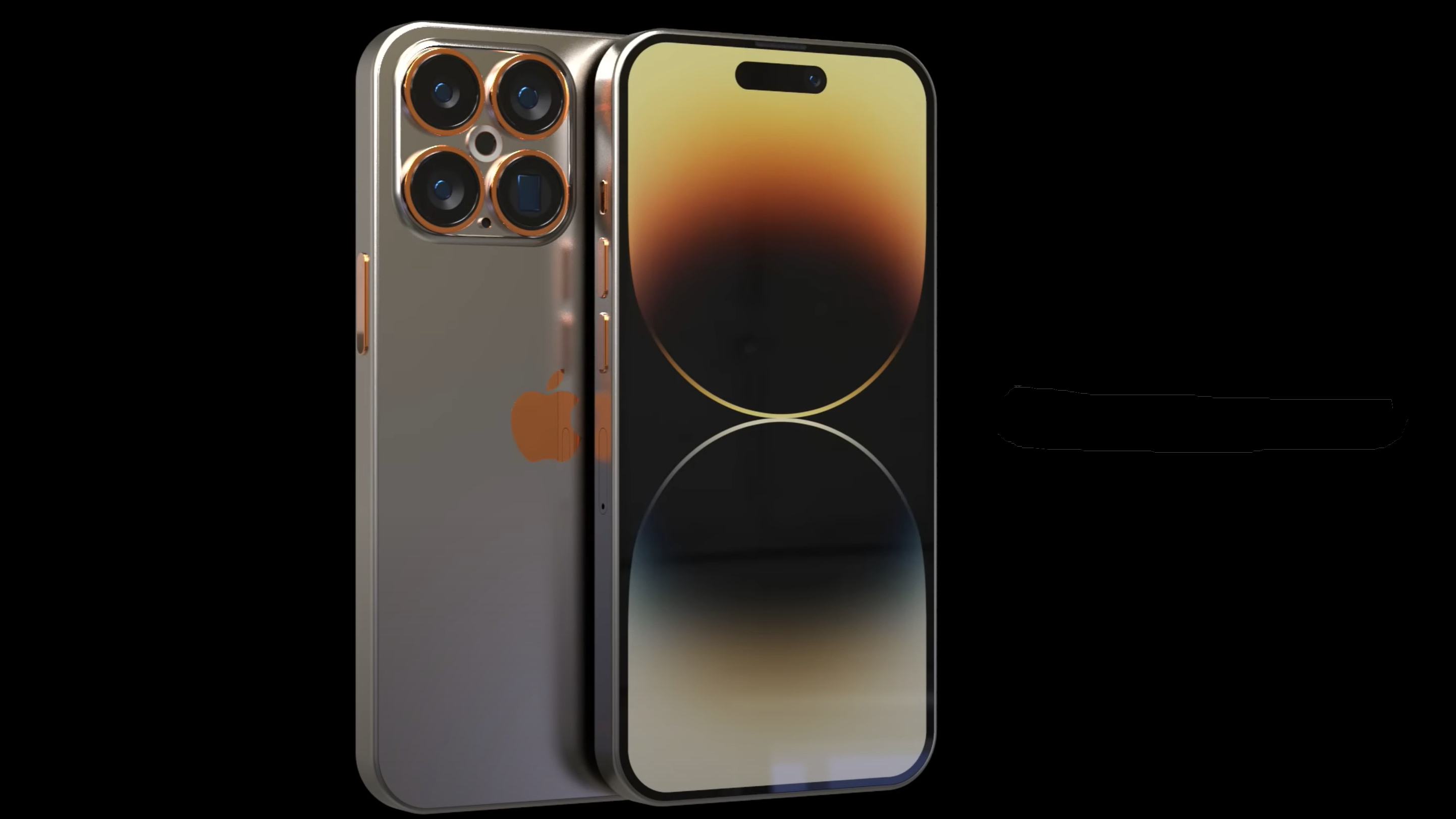Apple going ahead with iPhone 15's ‘Made For iPhone’ USB-C chip — even though it could be illegal (report)
Breaking the law, breaking the (EU) law.

Sign up to receive The Snapshot, a free special dispatch from Laptop Mag, in your inbox.
You are now subscribed
Your newsletter sign-up was successful
Another day, another report that the iPhone 15 series’ USB-C ports will include support for fast charging via a ‘Made For iPhone’ certification program — this time from industry analyst Ming-Chi Kuo.
But here’s the issue with that, though. While the rumors are rife about this becoming a thing, it would be breaking the law. So, why are we hearing about it, and how could Apple get away with it?
A jump in USB-C charger demand

As Kuo writes on his latest Medium post, demand for Apple’s own 20W USB-C power adapter is expected to grow by a “significant 30-40%” year-on-year, which would translate roughly to up to 240 million units. The big beneficiary of this in terms of making a fat stack of cash would be Apple’s supplier LY iTech.
The rumors continue from there — suggesting that there will in fact be an MFi authentication chip, just like what you’ll find in Lightning-equipped iPhones. Chances are you’ve run into the annoying “This accessory is not supported” warning message on a regular basis because of it.
Now I could go into how this shows Apple is completely missing the point of an open standard like USB-C, but I don’t need to. Because if the company chooses to do this, it would be breaking EU law.
Could Apple get around it?
To give you the cliff notes of the detail I go into while reading the EU directive, while there aren’t any specific rules about restricting data speeds, the paperwork is clear in making sure that any device that charges at speeds over 15W is not allowed to artificially restrict in this way.
It seems like the only way Apple could get around this is if it were to do one of two things:
Sign up to receive The Snapshot, a free special dispatch from Laptop Mag, in your inbox.
- Restrict all charging speeds to below 15W — even though the average iPhone charges at around 27W nowadays.
- Implement the MFi scheme everywhere except for the EU — word travels fast, though, and I can’t see this being a smart move for any company.
Outlook
It’s a tricky situation for Apple right now, if these reports are to be believed. The word about MFi is picking up a lot of steam, which makes it increasingly likely in the world of iPhone rumors.
But as I made clear when going into all the EU documentation, any sort of charging speed restrictions are not going to be allowed under the new laws. Now, this could be something that appears everywhere except for EU countries, but that would be a very bad faith move.
It will certainly be interesting to see how Apple navigates this legal minefield.

Jason brought a decade of tech and gaming journalism experience to his role as a writer at Laptop Mag, and he is now the Managing Editor of Computing at Tom's Guide. He takes a particular interest in writing articles and creating videos about laptops, headphones and games. He has previously written for Kotaku, Stuff and BBC Science Focus. In his spare time, you'll find Jason looking for good dogs to pet or thinking about eating pizza if he isn't already.
